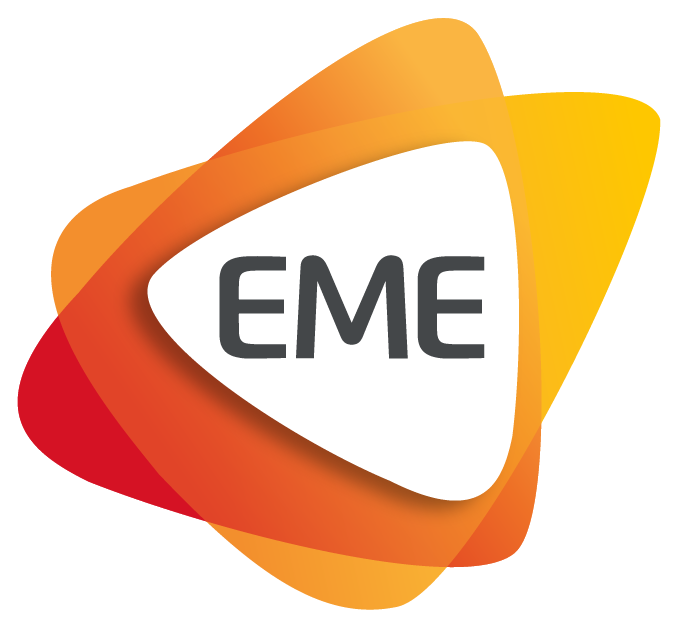[astra_breadcrumb]
Best practices
Evaluation of obtaining the main working-life qualifications
#method #internship #skillsrecognition #mentor
The good practice in a nutshell
This method uses a list of 14 general working-life qualifications that are expected of an employee for successful co-operation and achievements in the workplace. The list is used for evaluation during an internship.
Separately, the trainee and the mentor evaluate the trainee’s qualifications on three occasions during the traineeship: at the beginning, in the middle, and at the end. Every qualification is measured on a scale of 1–5, and the trainee needs to reach at least 4 to be employable. After evaluation, the trainee, the mentor, and the language-support representative together discuss each qualification, the reason behind the score, and what actions are necessary for reaching a higher score. These skills are evaluated with regard to what is needed in the profession.
Developer or user
Municipality of Piteå, Sweden.
Target group
Job-seeking immigrants / new employees / trainees / other participants and their mentors, along with employers
Why it is needed
Employers often expect more from their employees than just mastering the vocational or professional skills needed in the work. For example, they want the employee to take responsibility and show motivation and willingness to learn. To enhance the employability of workers with a migration background, measurement is needed for these qualifications.
Well-defined qualifications will help the trainee to understand what is expected and demanded from every employee in a specific workplace, along with the key aspects of the profession. These general qualifications play a big role in hiring of new staff, and it is important for a new employee to be aware of them.
There is a recognised need to use concrete evaluation forms to make these qualifications visible and to emphasise that, for the employer, they matter almost as much as good language skills or good vocational skills.
Resources
The good practice requires:
- staff from the organiser: the language-support person and the mentor
- workplaces at which the internship is conducted
- established professional relations among the trainee, the mentor, and the language-support staff, based on trust and with a clearly defined objective
Toolkit
- Form for documentation of the main personal qualities needed in the work
Expected outcomes
- Using the general working-life qualifications form gives the trainee both knowledge and insight into the qualifications and work execution the employer expects from each of its staff, not only the trainee.
- Abstract qualifications are made more concrete.
- The employer will get detailed documentation of the trainee’s working-life qualifications.
- Since the qualifications of the trainee will be estimated not by the trainee alone but by both the trainee and the mentor, the estimation will be more objective.
- Recognition of the trainees’ qualifications may empower them for employment.
- The mentors can see the progress of the trainees’ skills and can adjust the internship to this. The evaluation clarifies what the trainee needs to learn and what the mentor needs to teach.
- The evaluation clarifies the ‘cultural codes’ of the Swedish labour market and, by using these terms, also helps the trainee understand job advertisements and future staff appraisals.
- The trainee’s development is measurable, and the workplace can ensure the quality of the introduction.
- The evaluation increases the chances of the employability of the trainee.
- The focus and outcome are shifted from ‘you’re doing it wrong’ to ‘this is what is expected of every staff member at this place of work’.
- After the internship, the trainee receives a certificate with all his or her qualifications and the score (from the last evaluation). It helps to render the development visible to the trainee, the mentor, the workplace managers, and future employers.
‘Do’s and ‘don’t’s
- This tool is not meant for raising questions about possible shortcomings in any of the trainee’s qualifications.
- The focus should always be on what the profession and the workplace demand from each employee, not the trainees’ personal qualities.
- The list of requested qualifications features several words and phrases that represent a linguistically challenging level. Do not translate them into easier words, because employers use precisely these words in the recruiting process. Instead, give the trainee support in translating and understanding them.
- If the trainee’s native language isn’t Swedish, printing the documentation form is necessary, to enable the trainee to translate, understand, and in some cases discuss the meaning of each qualification before the first evaluation is done.
- At the outset, the workplace (the manager and/or the mentor) must define what is significant in this workplace and in this profession, for each qualification.
Applicability
These qualifications are valid in any European workplace, irrespective of country, language, trade, or profession. They help the intern to understand the general expectations of every employee in the workplace, along with the expectations connected with professional skills. These are qualifications that several European employers consider desirable among their employees; therefore, this good practice is highly applicable to other organisations.
Quotes from the other project partners
‘It is concrete; it is related to a certain work environment.’ (Silta-Valmennusyhdistys, Finland)
‘There should be a confidential relationship between the coach and the migrant, to be able to evaluate [things] fruitfully.’ (Silta-Valmennusyhdistys, Finland)
Additional information
- How does it work? (pdf)
